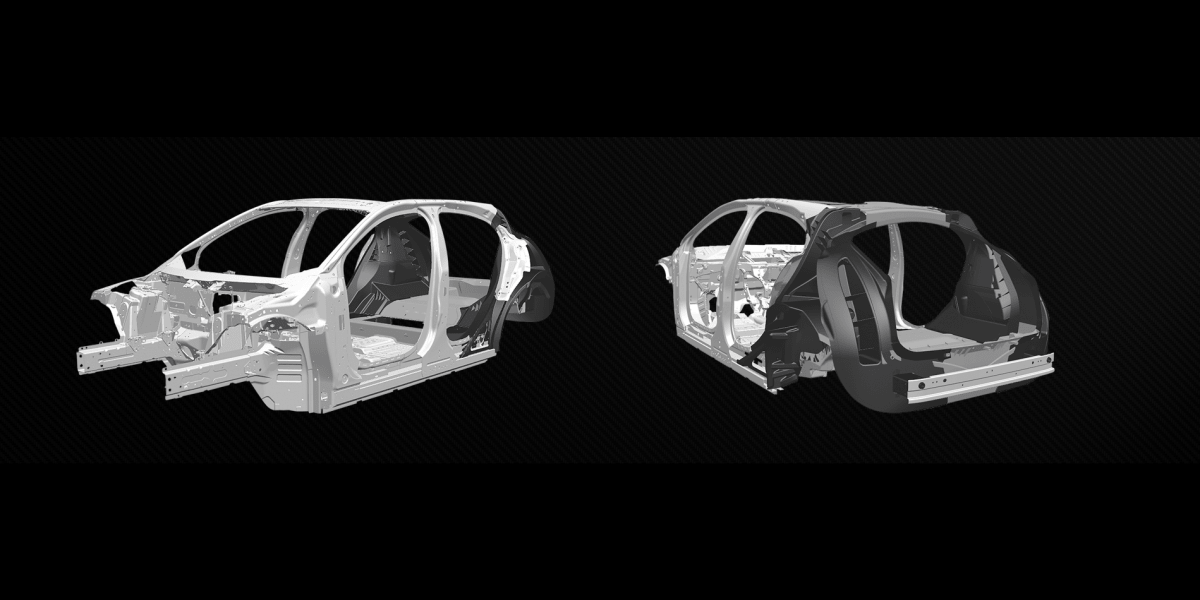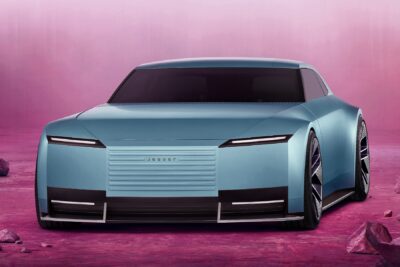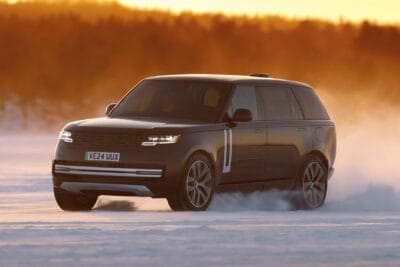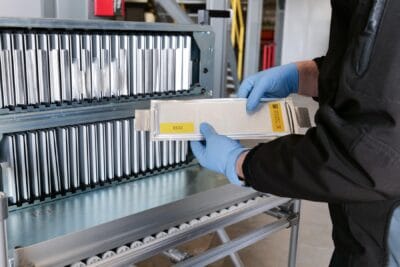Project Tucana: JLR try lightweight composites for EVs
Jaguar Land Rover is preparing for future electric vehicles with advanced lightweight composite research in the four-year programme Tucana. They aim to deliver electric cars with increased range, greater performance and a more dynamic drive.
JLR and the Tucana consortium have set two primary levers, weight reduction and stiffness by replacing aluminium and steel in vehicles and drive systems with lightweight composites. In more concrete terms, the aim is to increase vehicle stiffness by 30 per cent, cut weight by 35kg and further refine the crash safety structure.
The company also mentions increased torque generated by high-performance batteries, which these components will have to withstand. Reducing vehicle weight will also allow the company to fit larger batteries.
JLR set Tucana up as a consortium with partners from academia and industry. Partners include the Warwick Manufacturing Group (WMG), Expert Tooling & Automation, Broetje-Automation UK, Toray International UK, CCP Gransden and The Centre for Modelling & Simulation (CFMS). Materials under revision are glass fibre and carbon fibre.
Such composites made with epoxy resins are not new to the EV world, especially as they can save weight and add stability. At the same time, these require complex manufacturing and have only been in use in premium vehicles – a fit to the JLR range. An exception is the BMW i3 which was an exercise in finding new materials and eco-friendliness back in 2013.
JLR does not say much about manufacturing so far. Only that the researchers will employ “new digital design, development and manufacturing tools,” as Ian Risk, CTO at CFMS explained without going into detail. The project description remains similarly superficial. It states the Tucana would deliver a “step-change by addressing structural performance at a design, material and volume manufacturing-level which is currently unmet across the industry.” It is also unclear how much investment JLR has set aside.
Marcus Henry, research manager at the British carmaker, describes the new lightweight body structures the consortium wants to develop as “key” to the electrification of JLR’s vehicle range. He also expressed hope that this would propel Jaguar Land Rover and the UK supply chain into a “world-leading position in low-carbon technology.”
While the research is scheduled to last four years, Jaguar Land Rover expects to have a fleet of prototype Tucana vehicles running in 2022. In the long-run, from 2023 to 2032, JLR hopes to save 4.5 million metric tons of CO2.
So far, JLR has had issues to follow through on electrification. The Jaguar I-Pace remains the only EV in the range with some PHEVs showing mild successes at best.





0 Comments